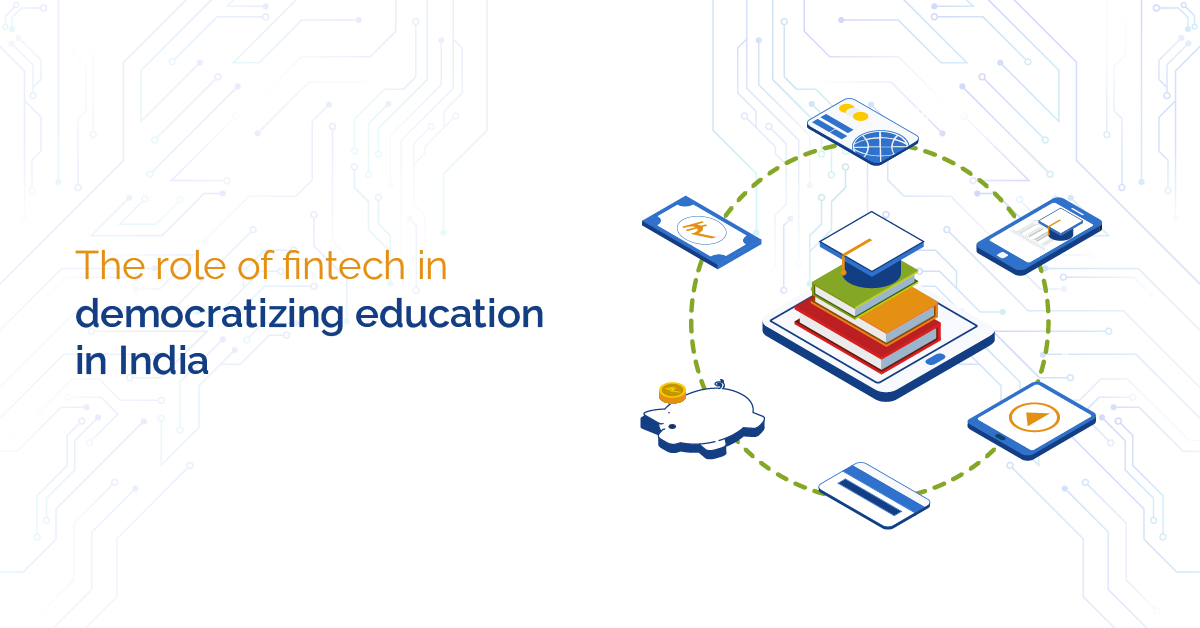-
Solutions
-
Use Cases
Use Cases
Learn how our solutions can help your business grow
-
About Us
About Us
Know more the team behind our robust solutions
- Contact Us
Learn how our solutions can help your business grow
Know more the team behind our robust solutions

In India, education is the Fundamental Right for children up to age fourteen. Higher education is viewed as a necessary component of one’s personal and professional development. Unfortunately, meeting these lofty goals has not been as easy in the past due to inequality in access or income. This scenario may finally be changing as a clutch of fintech companies bring financial inclusion, democratising education in India.
Changing the traditional structure
People with limited financial means often find it difficult to secure loans because of low or erratic income. Legacy banks, hemmed by a multitude of regulations, cannot go beyond certain limitations when extending loans. Many fintech today work as a bridge between the banks and consumers, expanding the banks’ reach while meeting the growing demand for affordable financing.
Flexible financing architecture
How are fintechs offering affordable financing when banks have failed to meet this objective? The answer lies in a flexible financing architecture. Other than loans at affordable interest rates, these companies are offering flexible repayment plans which can be tailored to suit the consumer. It can include flexible tenure or multiple payment options, providing the buyer with more flexibility in repayment.
Building an inclusive financing ecosystem
The easy onboarding process also adds to the goal of furthering financial inclusion. Most fintech today offer convenient onboarding without the usual tedious documentation and require only basic authentication. Since these services are also available online, the entire process can sometimes be completed in a matter of minutes. For the underserved population in India in low-income or remote areas, these facilities have been extremely critical in democratising education, facilitating access to quality education. As the pandemic further widens disparities in access, the role of fintech will become even more important.